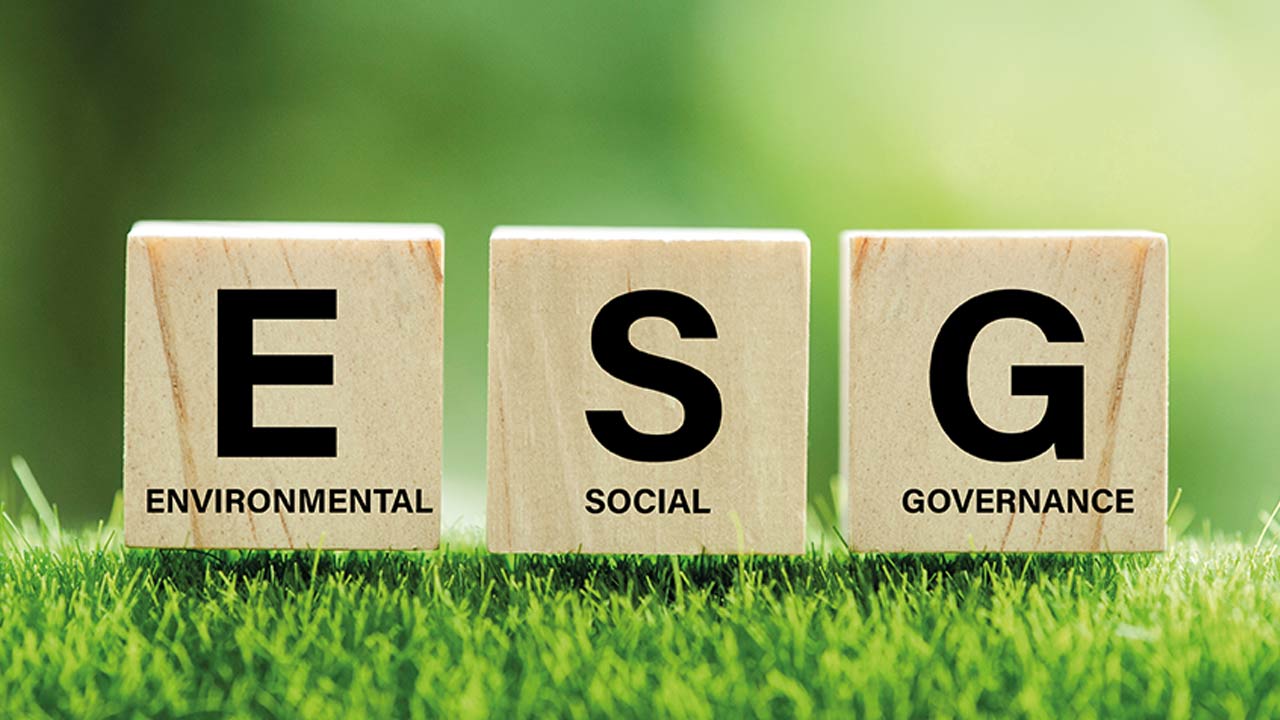Corporate sustainability is to be integrated into the next FAIM standard, so movers need to understand environmental, social and governance ratings and their benefits. FIDI Project Manager Quality & Risk John Prooij reports
Corporate sustainability will be one of the pillars of the next FAIM Quality Standard, FAIM 2022, which will be subject to independent third-party audits from January 2023. Although there is no clear global definition of ‘corporate sustainability’, many refer to environmental, social and governance (ESG) as a popular substitute when discussing the topic.
Environmental – i.e. planet (carbon footprint/zero waste and so on.)
Social – i.e. people (support and wellbeing of employees/working conditions and so on)
Governance – i.e. profits (how to create growth without harming the first two components/conflict of interests/anti-trust and so on.)
A practical definition would be: how do we meet the needs of the present without compromising the ability of future generations to meet theirs? From a business perspective, it refers to a company’s ability to survive into the future and to eventually outlive its current owners. But the big question is: how do you identify – and, more critically, measure and report on – your company’s ESG-related risks and efforts?
With the growing popularity of ESG ratings, there is also more critical questioning of their value. I would argue that ESG is not about sorting companies into good and bad – nor should it lead to an overvaluation of companies labelled as ‘sustainable’.
Ratings may sound like a reasonable solution to identify a company’s ESG efforts and risks, but it is not an accurate representation of how it works. Savvy supply chain managers have long recognised that companies are not inherently good or bad; they are complex organisations that offer goods and services that need to make a profit to survive and grow.
ESG is about identifying quality companies that understand the importance of paying more attention to the material sustainability issues facing their businesses and embedding sustainability into their decision-making and long-term strategy. ESG ratings are not a sorting machine.
Corporate accounts often question the ESG ratings of companies, because they are inconsistent and because different rating organisations do not always agree on common references for measurement. This seems to undermine the first argument, as, otherwise, companies would be classified into ‘good’ and ‘bad’ groups. But this criticism again misses the main point: ESG ratings are not a sorting mechanism by which companies are classified into good or bad. Rather, they provide a continuum that helps compare companies across a range of ESG issues. In addition, ESG ratings serve as a proxy for the more qualitative, but abstract, concept of corporate sustainability.
More and more stakeholders see this as important in developing a better understanding of a company. The ESG ratings of a single company, therefore, do not always have to match. In this sense, ESG ratings are no different from the traditional quality ratings of a company, on which there is rarely consensus.
As sustainability becomes more important to stakeholders, I believe companies that demonstrate better ESG performance will have better long-term growth prospects. But it is fundamental to note that sustainability is not the only consideration.
Corporate sustainability can be managed in many different ways. Some may have a better approach to overperformance, for example, while others may have managers who can execute their strategies better. In this way, sustainable strategies do not differ from other business approaches.
It is imperative to set clear minimum requirements as part of a recognised global quality label, audited by an independent third party. This will not only raise the awareness necessary, but it will also allow companies to tick the necessary boxes related to their long-term vision in relation to ESG. The upcoming FAIM 2022 standard will do just that.

